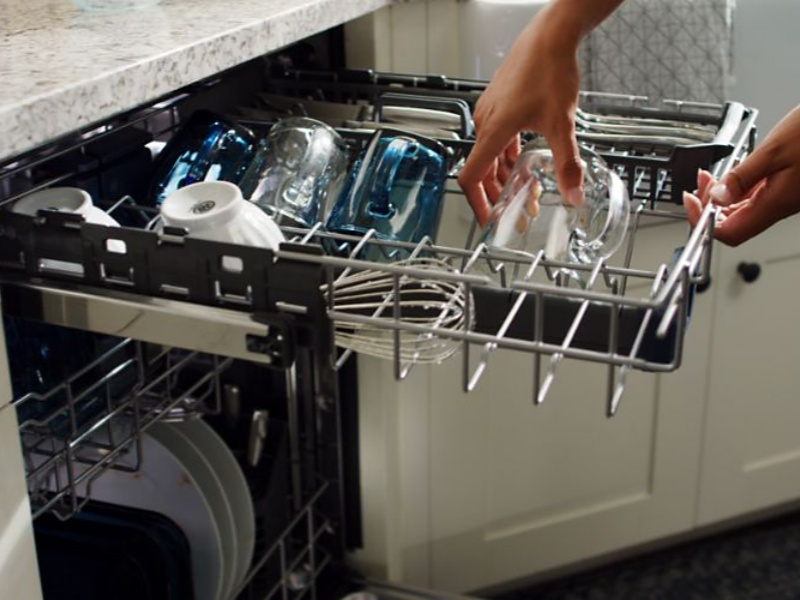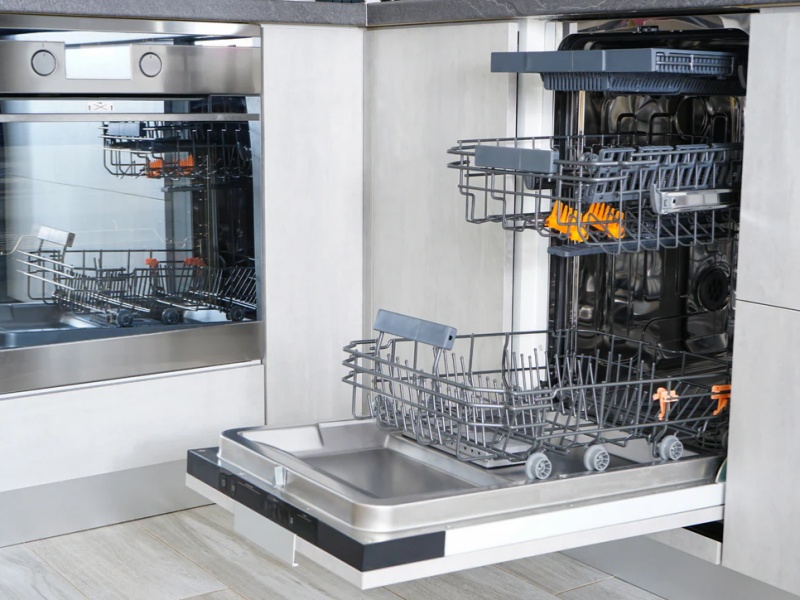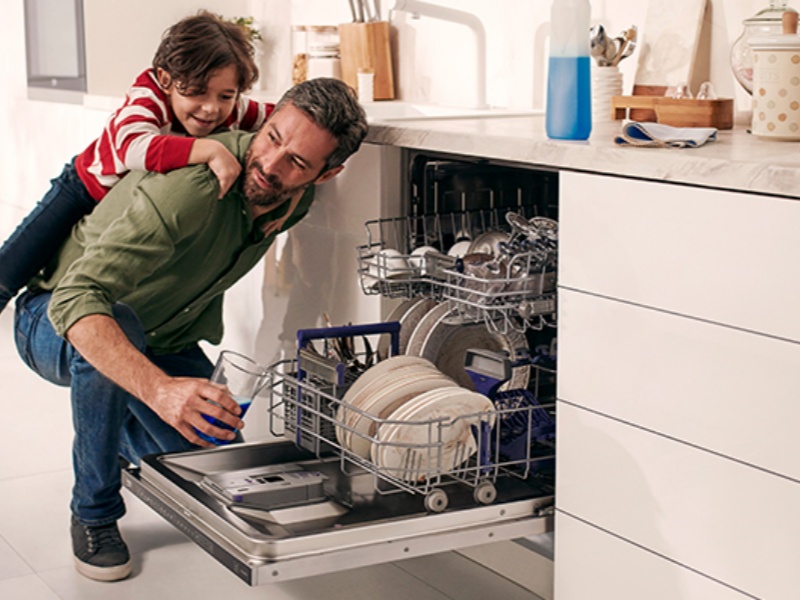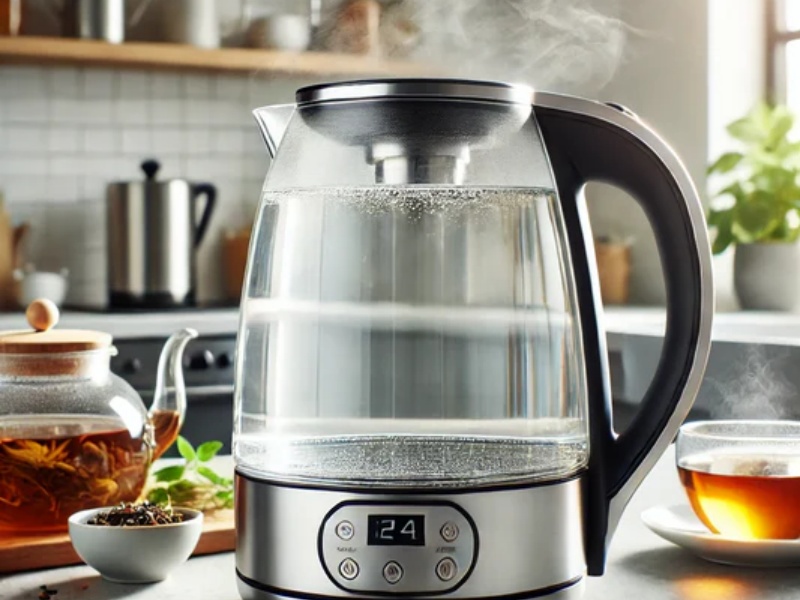Types of Dishwashers
Understanding the different types of dishwashers is crucial for making an informed decision:
– Built-In Dishwashers: These are the most common type, designed to be installed under the countertop. Built-in dishwashers offer a permanent solution for your kitchen and come in various sizes to accommodate different kitchen layouts.
– Portable Dishwashers: Ideal for those with limited kitchen space, portable dishwashers can be moved around as needed. They connect to the kitchen faucet and are perfect for apartments or small homes.
– Drawer Dishwashers: These innovative models feature pull-out drawers instead of a traditional door. Drawer dishwashers are space-efficient and allow you to run smaller loads without using the entire unit.
– Countertop Dishwashers: Compact and designed for countertop use, these dishwashers are perfect for small kitchens. They are easy to set up and ideal for individuals or couples with minimal dishwashing needs.

Key Features to Consider
When selecting a dishwasher, keep the following features in mind:
– Capacity: Dishwashers come in different capacities, typically measured in place settings. Choose a model that fits your household size and typical dishwashing load.
– Energy Efficiency: Look for dishwashers with the ENERGY STAR label. Energy-efficient models save on utility bills and are better for the environment.
– Wash Cycles and Options: Different wash cycles cater to various needs, such as heavy-duty, quick wash, or eco-friendly cycles. Consider models with adjustable racks and specialized settings for pots and pans.
– Noise Level: If you have an open-concept kitchen or prefer a quieter environment, check the decibel rating of the dishwasher. Models that operate at 45 decibels or lower are considered quiet.

Tips for Using Your Dishwasher
To maximize the efficiency of your dishwasher, follow these tips:
1. Load Properly: Arrange dishes according to the manufacturer’s guidelines. Place larger items on the bottom rack and smaller items on the top rack to ensure thorough cleaning.
2. Use the Right Detergent: Select a high-quality dishwasher detergent that suits your model. Avoid using regular dish soap, as it can create excessive suds and damage the appliance.
3. Rinse Before Loading: While modern dishwashers can handle food residue, rinsing off large particles can prevent clogs and improve cleaning performance.
4. Regular Maintenance: Clean the filter and spray arms regularly to ensure optimal performance. Run a cleaning cycle with a dishwasher cleaner every few months to remove buildup and odors.
Conclusion
Investing in a dishwasher can significantly reduce the time and effort spent on dishwashing, making it a valuable addition to your kitchen. By understanding the different types of dishwashers, considering essential features, and following practical usage tips, you can select the best dishwasher for your home. Enjoy the convenience and efficiency of a dishwasher that meets your specific needs and enhances your overall cooking experience.




